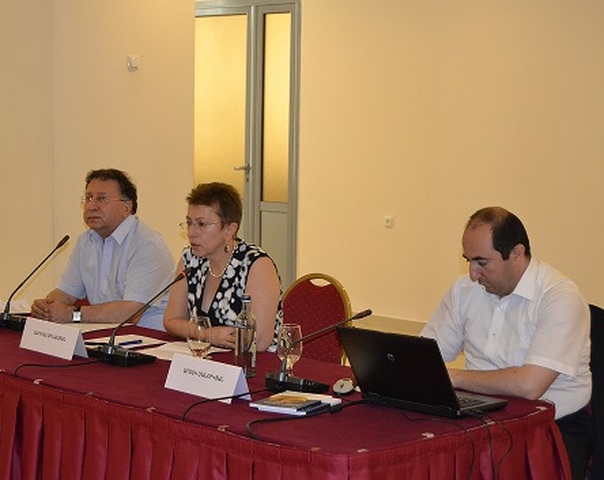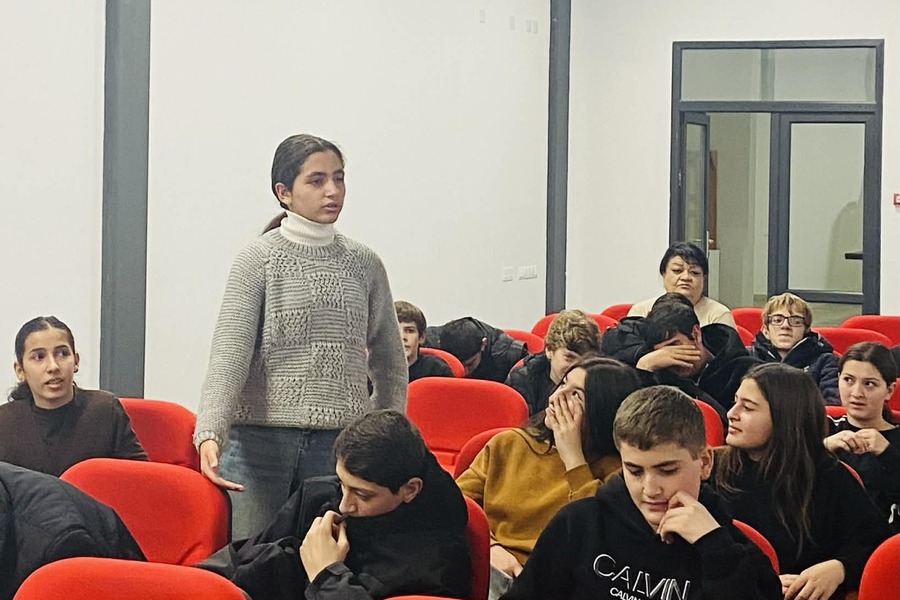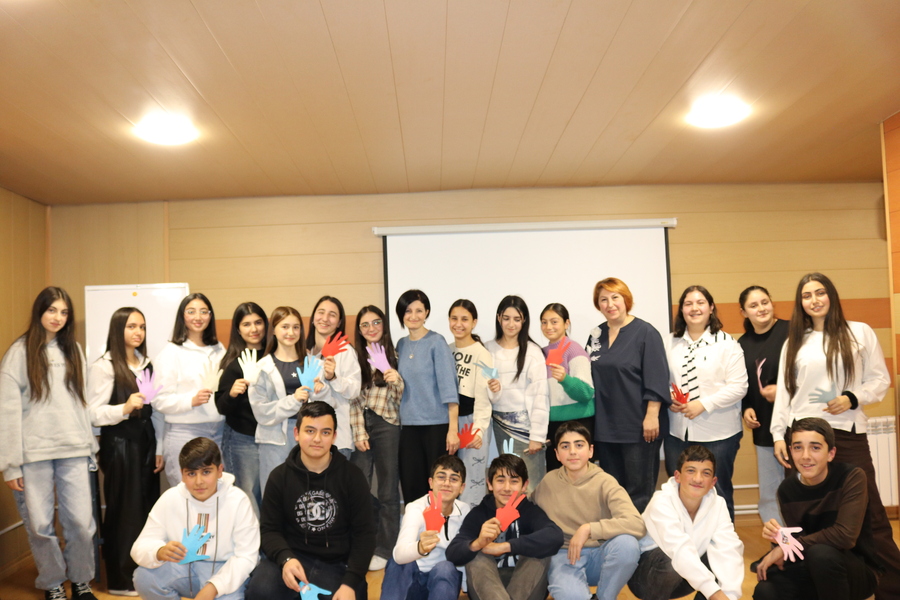TIAC presented procurement monitoring results
On June 27, 2014 Transparency International Anticorruption Center (TIAC) organized an event to present the findings of Armenian public procurement system monitoring carried out since 2011 till the first quarter of 2013. The goal of the monitoring, implemented with the support of Open Society Foundations – Armenia was to reveal the existing problems of the system and suggest possible solutions to them. Larisa Minasyan, Executive Director of Open Society Foundations – Armenia greeted the audience with welcoming remarks. Varuzhan Hoktanyan, Executive Director of TIAC came up with opening remarks speaking about the project. Monitoring results were presented by TIAC Expert Artak Manukyan.
The target directions of the monitoring were:
- The institute of the appeals in the procurement system
- Single-source procurement
- E-procurement
- Framework agreements
- Activities of the Procurement Support Center
- Transparency and consistency of the information posted on the official website of the procurement
The results of the monitoring are included in the above mentioned links to abstracts and in the two-volume “Monitoring of the Public Procurement System of the Republic of Armenia in 2011-2013” publication in Armenian (part 1, part 2) . The project was directed by Varuzhan Hoktanyan, TIAC Executive Director andArtak Manukyan, who holds PhD in Economics was involved in the project as Procurement Expert.
Below are the main findings of the study.
1. Single-source procurement is the predominant form of procurement for the state institutions and there is high level of concentration both in numbers of processes and their amounts.
2. Despite of the existing legal requirements, there is a lack of transparency and accountability of procurement conducted by public bodies
3. The system of E-procurement is not comprehensive.
4. About 40% of the procedures announced through the E-procurement system does not take place.
5. Contracting authorities are not serious towards public information requirements available on E-procurement portal
6. There are many problems of technical character within the system.
7. Though the trust towards the institute of appeals in the procurement system is gradually increasing, the process of appeals still remains non efficient.
8. There are strong-grounded doubts regarding the randomness of the selection of the members of appeals commissions and the rotation system applied for the selection of Appeal commission members.
9. The Procurement Support Center does not fully utilize the advantages stemmed from being Armenia a party of the Government Procurement
Agreement of the World Trade Organization.
10. No comparative analysis on the quantities or amounts spent is carried out on planned and factual procedures.
11. There is a need for the improvement of the official website of the procurement.






